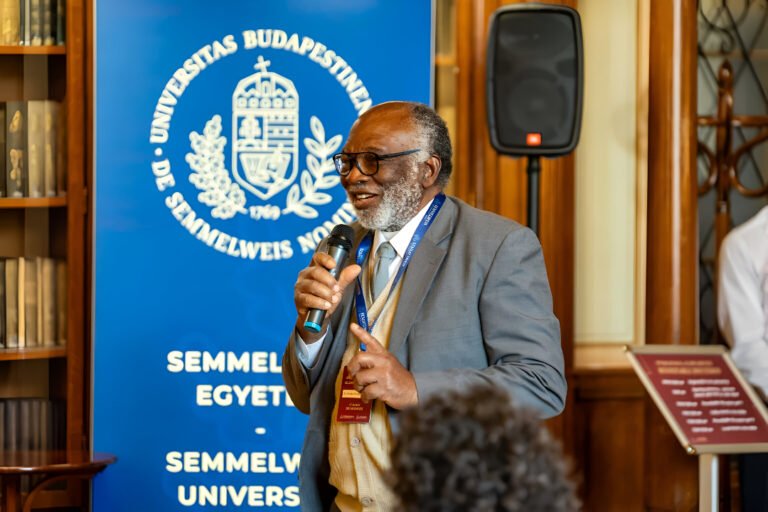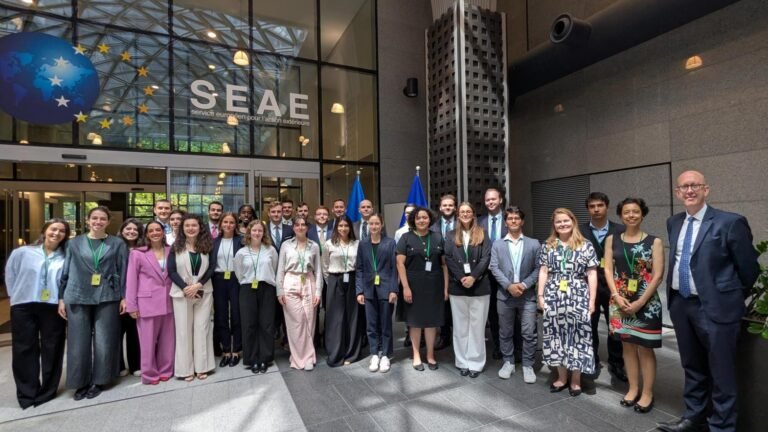
Scientists at the University of Vienna’s Max Perutz Labs have identified a previously unknown trigger for the cellular “waste disposal” process known as autophagy, offering fresh insights for Parkinson’s disease research.
Autophagy, which removes damaged cell components and proteins, is vital for preventing neurodegenerative diseases. The study, led by postdoctoral researcher Elias Adriaenssens under the guidance of Sascha Martens, revealed that mitophagy receptors can initiate autophagy without the FIP200 protein, previously thought essential. Instead, “WIPI proteins” were found to bind directly to these receptors, unveiling a new parallel signalling pathway.
“This discovery shows that cells may use alternative molecular strategies to initiate autophagy,” said Adriaenssens. “Understanding how these pathways are chosen could lead to therapies that target specific mechanisms to counter Parkinson’s disease.”
The findings, published in Nature Cell Biology, mark a significant advance in understanding the cellular processes behind neurodegeneration and open potential avenues for future treatments.
Source: University of Vienna






